It wouldn’t be inaccurate to suggest Martin Scorsese triggered something of a pile-on when he began his war-of-words over Marvel movies and their cinematic hegemony. Since opining that their films are “not cinema,” the director has been joined by compatriot Francis Ford Coppola, who denounced them as “despicable.” And now, Terry Gilliam has become the latest industry figure to voice his disapproval of the franchise.
Speaking with IndieWire, Gilliam gave his angle on his misgivings with the MCU, saying:
“If you are that powerful, you should be dealing with reality a bit more. What I don’t like is that we all have to be superheroes do anything worthwhile. That’s what makes me crazy. That’s what these movies are saying to young people. And to me it’s not confronting the reality of, you know, the quote-unquote human condition. You know what it is like to be a normal human being in difficult situations and resolving them surviving. I can’t fault them for the sheer spectacle, except it’s repetitive. You still have to blow up another city.”
More controversial, however, were his specific criticisms of one Marvel movie in particular – 2018’s billion-dollar pic Black Panther:
“I hated Black Panther. It makes me crazy. It gives young black kids the idea that this is something to believe in. Bulls**t. It’s utter bulls**t.”
Gilliam’s remarks seem almost offensive at first. My initial reaction was that though there is substance to his critique in relation to the real-life prospects of young black people, of all the criticisms you can level at Marvel, giving young black people hope to succeed is hardly their greatest crime. That was my initial reaction. Yet, the remarks have subtler weight.
I understood his anger at the disparity between what Black Panther was selling and what reality is like for its target audience – Gilliam sees its escapism and receives it as a cynical lie. I think he’s missed a more subversive point, though. The fact that a multimillion-dollar blockbuster from a major Hollywood studio has been fronted and crafted by people of colour is in itself proof that hope does exist for young black people – that’s a reality to persuade you even if the film’s escapism does not.
And no, I don’t believe Marvel are egalitarian humanists who did this out of the kindness of their heats – their decision-making will have had as much to do with numbers on a spreadsheet as it will virtuous wall-breaking. But they still did it, and they didn’t have to. Thanks for exciting the debate Terry.














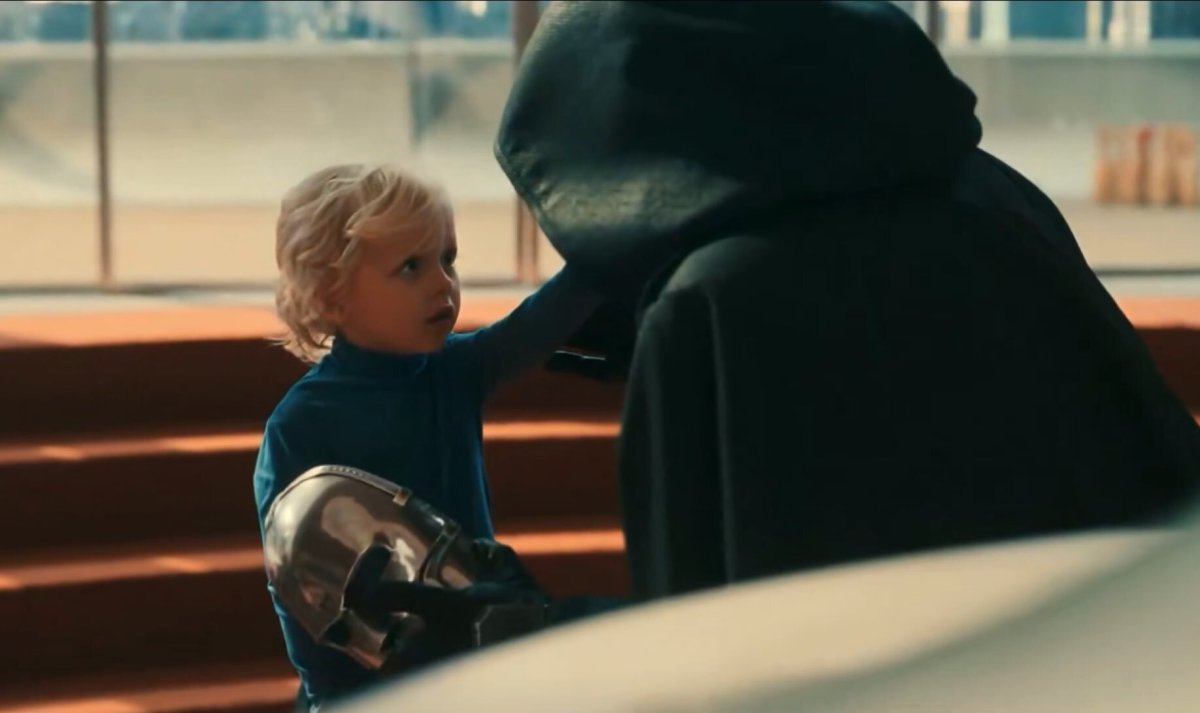
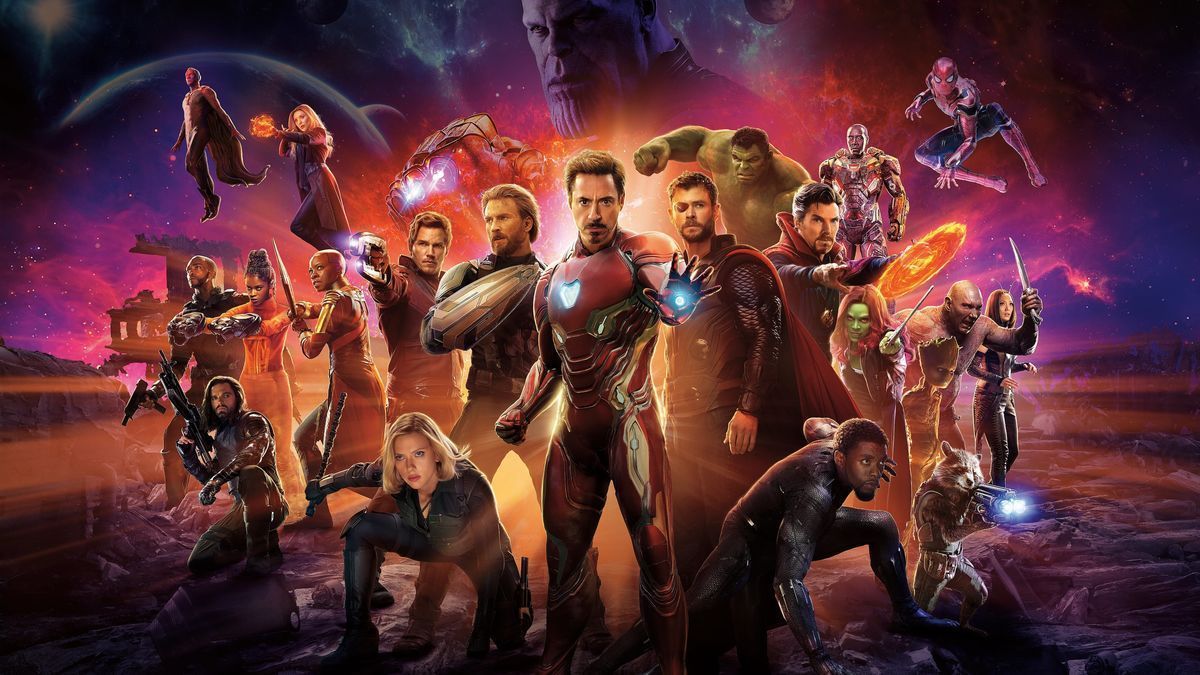
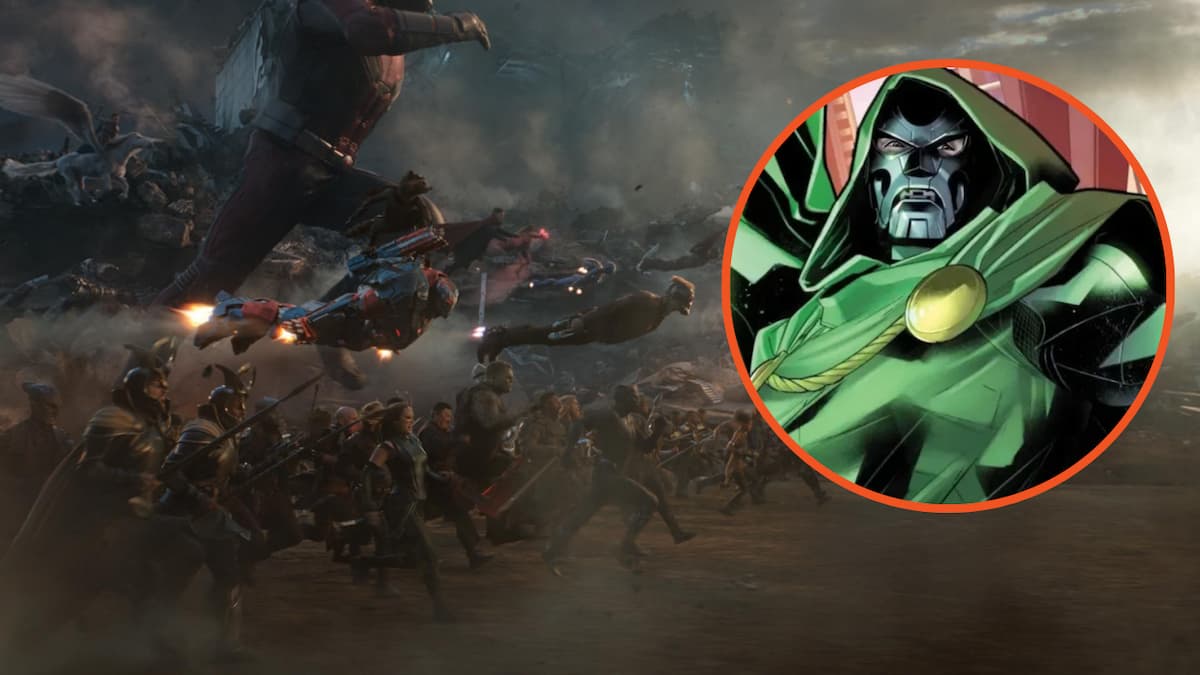
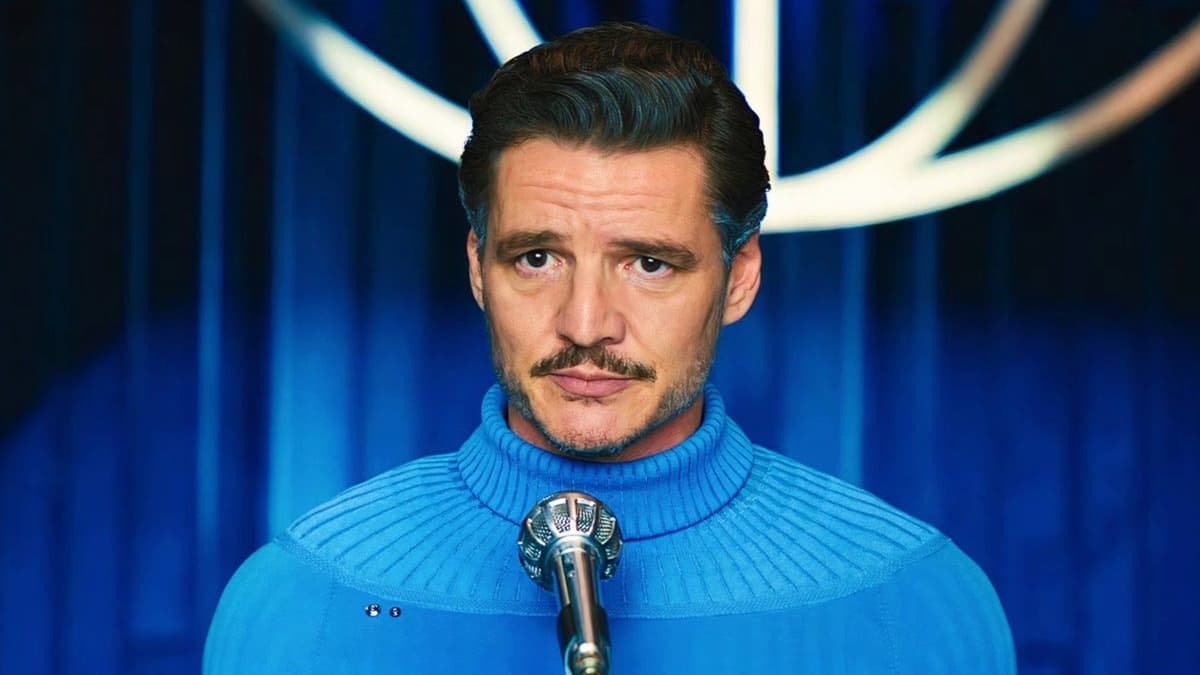
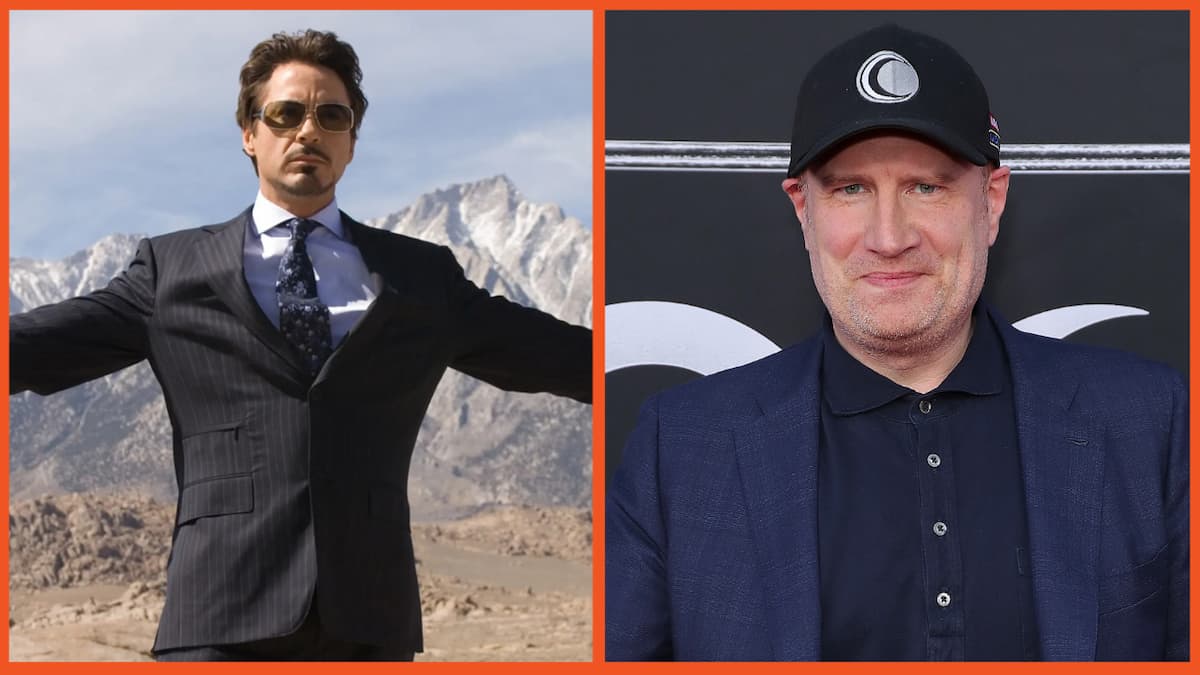
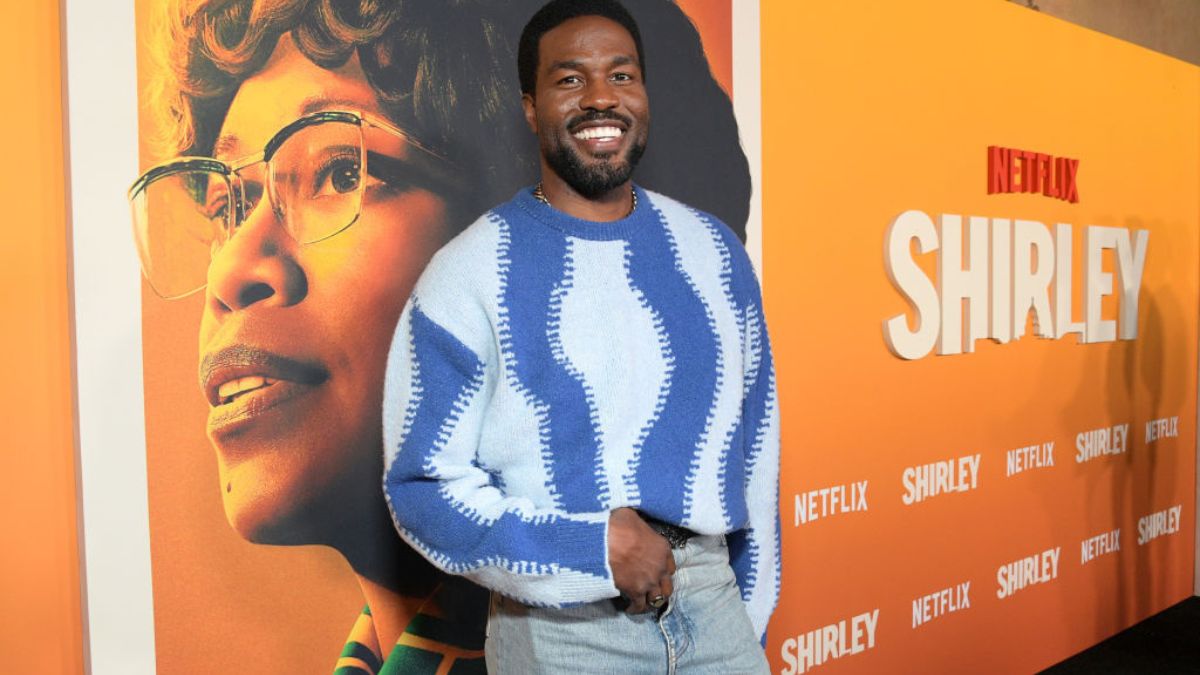
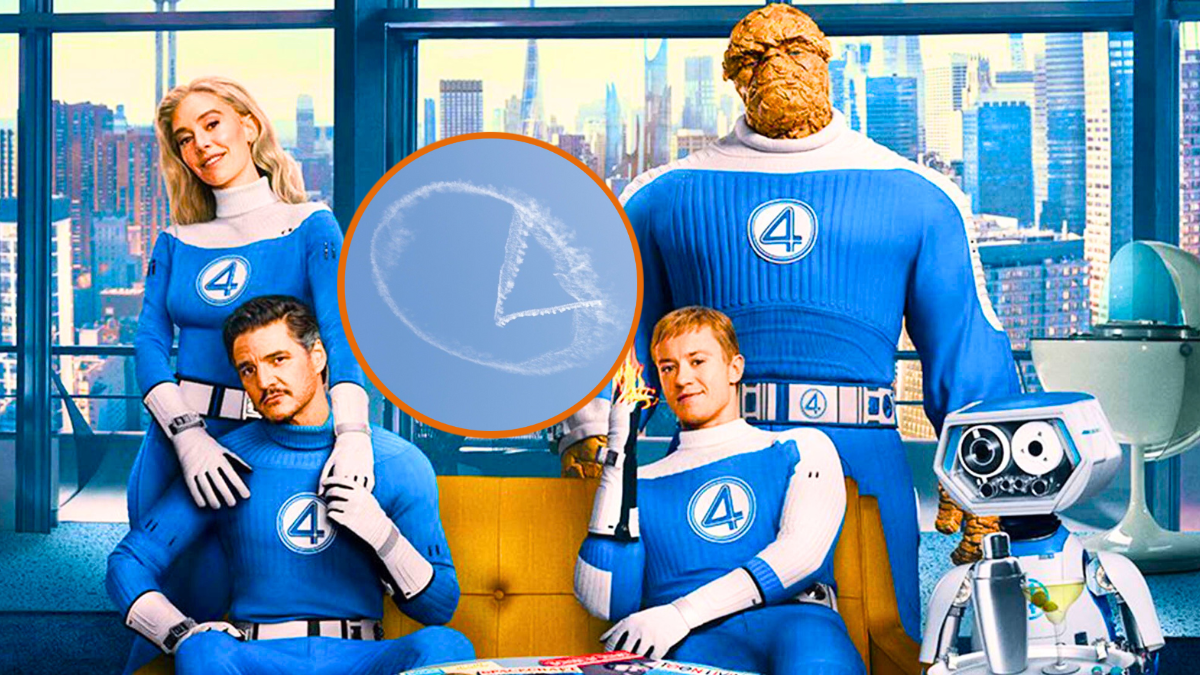
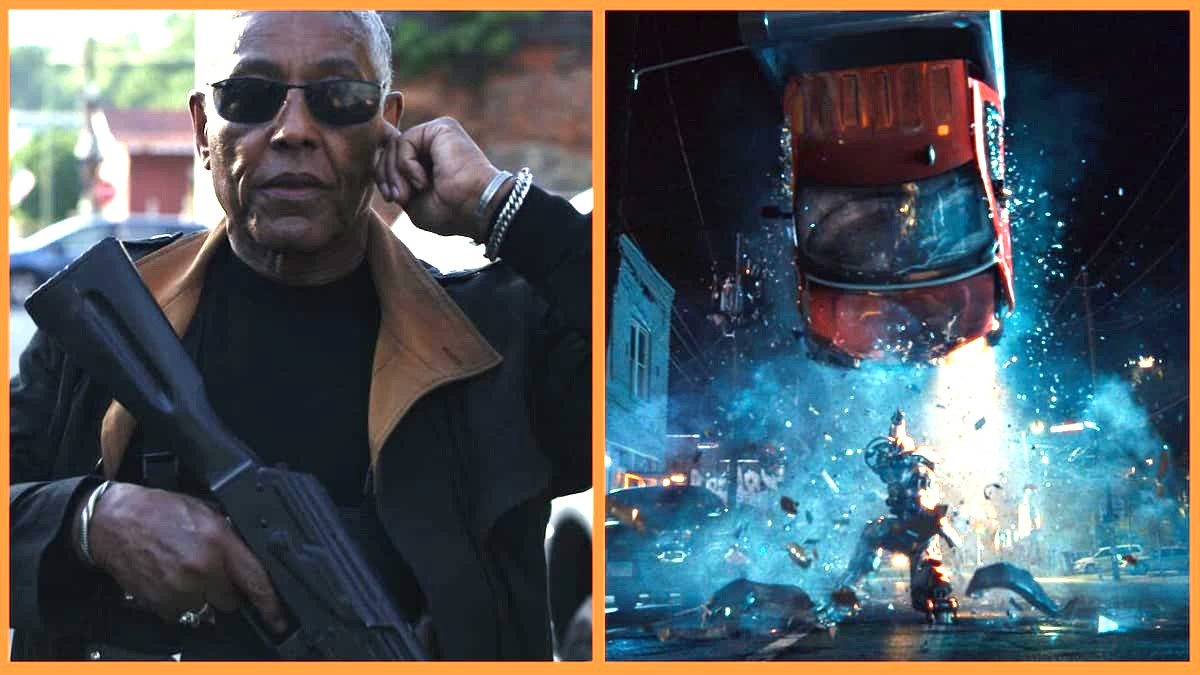
Published: Dec 23, 2019 10:45 am